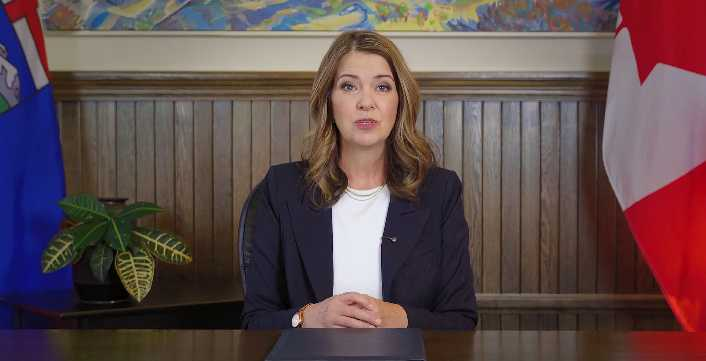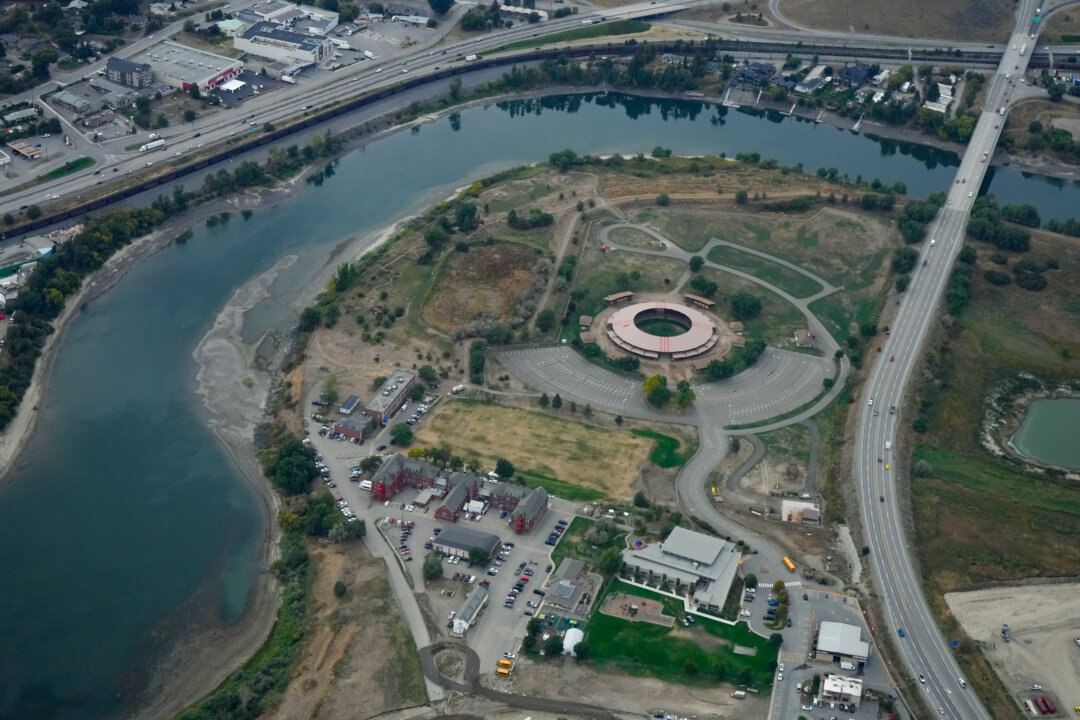
BLOWBACK: Oil companies abandoning emissions targets due to C-59
Call it a case of unintended consequences. Or what Robert Merton, the founder of sociology, called “perverse results and unexpected drawbacks.”
Rather than force oil and gas companies to bolster their environmental credentials, Bill C-59 — otherwise known as the Greenwashing Act — Alberta’s oil and gas producers are being forced to walk back emissions reductions targets.
That’s because the amendments to the Competition Act impose possible criminal penalties for companies that oversell or hype the environmental performance of their products.
Pathways Alliance carbon capture project
Pathways Alliance carbon capture projectCanadian Energy Centre
Although it applies broadly to all third-party advertising, it’s widely seen as a hit piece against the oil and gas industry for containing punitive measures advocated by the likes of NDP environment critic Charlie Angus.
Included in the legislation, which received Royal assent in June, is a reverse onus clause that makes it incumbent on the advertiser to back up the veracity of their claims in a manner “that is not based on adequate and proper substantiation, in accordance with internationally recognized methodology.”
That means oil sands groups like the Pathways Alliance — which is committed to achieving net-zero in the oil sands by 2050 — have been forced to remove information regarding the environmental performance of its members or face potentially frivolous lawsuits from climate activists.
Bill C-59 presumably applies to other products like Dawn dish soap that has been accused of greenwashing the environmental benefits of their products — ironically against oil spills.
Bill C-59 presumably applies to other products like Dawn dish soap that has been accused of greenwashing the environmental benefits of their products — ironically against oil spills.
Although it applies broadly to all third-party advertising — including presumably cleaning products — it’s widely seen as a hit piece targeted against the oil and gas industry for containing punitive measures advocated by the likes of NDP environment critic Charlie Angus.
Included in the legislation, which received Royal assent in June, is a reverse onus clause that makes it incumbent on the advertiser to back up the veracity of their claims in a manner “that is not based on adequate and proper substantiation, in accordance with internationally recognized methodology.”
That means oil sands groups like the Pathways Alliance — which is committed to achieving net-zero in the oil sands by 2050 — have been forced to remove information regarding the environmental performance of its members or face potentially frivolous lawsuits from climate activists.
In response, Pathways pulled all information on environment and climate actions from its website simply because it can’t prove the steps it is taking, including the construction of a $16.5 billion carbon capture and pipeline project, will actually achieve net-zero by 2050.
After the bill was passed, the Canadian Association of Petroleum Producers (CAPP) said “the effect of this legislation is to silence the energy industry and those that support it in an effort to clear the field of debate and to promote the voices of those most opposed to Canada’s energy industry.”
Last week Calgary-based oil sands producer MEG Energy — a Pathways member — temporarily suspended its 2030 and 2050 emissions targets altogether until the Competition Bureau releases an interpretation of C-59 and how it will be applied.
“MEG remains fully committed to environmental and climate performance and the work it is doing to reduce greenhouse gas emissions, and will continue to advance its initiatives notwithstanding the cautionary steps it has taken with respect to its environmental disclosure and climate-related targets,” the company said in a news release to announce second quarter results.
“The unintended consequence of Bill C-59 is that it stifled the discussion. And in Canada, we need to have robust discussion on energy policy because it’s such an important part of our economic fabric of this country,”
It came as other major oil sands producers including Suncor, Canadian Natural Resources, Cenovus Energy and Imperial Oil that have or will release their own financials in the coming days.
Speaking on a conference call Thursday, Cenovus CEO Jon McKenzie called C-59 a ‘distraction’.
“The unintended consequence of Bill C-59 is that it stifled the discussion. And in Canada, we need to have robust discussion on energy policy because it’s such an important part of our economic fabric of this country,” he said.
No Excavations Done Yet at Kamloops Residential School as First Nation Provides Update on ‘Complex’ Investigation
"I am honoured to speak directly with Albertans about the road ahead for our province, the choices we face together, and how you will have the final say in shaping Alberta’s future within a strong and united Canada."
https://x.com/ABDanielleSmith/status/2024661280163058030

















